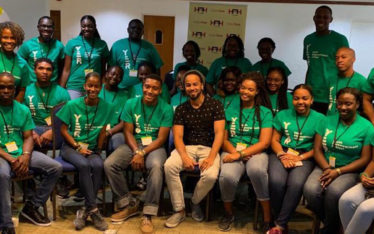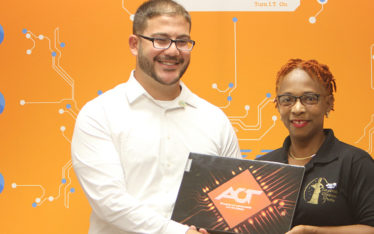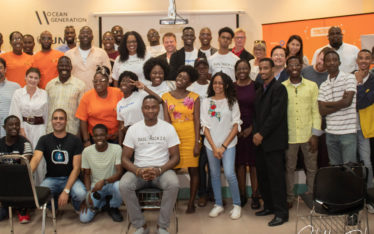W
e all deserve a second chance, more so, young persons who have encountered issues with the law. The Second Chance Program caters to youth offenders as they reintegrate back into society. With their SPARKS outline (Special People Achieve Reform Knowledge and Self-Acceptance), the program strives to prevent reoffending.
The vision of the Second Chance Program is to create opportunities for people to transform their own lives, by fostering behavioral changes. This ties in with ACT’s mandate of bringing the community into the future. ACT will partner with the non-government organization by providing internet services, which will facilitate the various programs offered. The courses and services such as Life Skills, Computer Technology, Civics, Arts and Craft, Gardening, Anger Management, as well as psychosocial support for both them and their parent’s, encompass the holistic goal of the program.
Director – Sowerby Gomes is committed to reducing recidivism in society, by ensuring that the programs offered, promote personal responsibility, healthy relationships and positive contributions to the community. The combination of job placement, life skills training and mental health services, strives to disrupt the cycle of incarceration and poverty and creates an avenue for former offenders to safely re-enter society. Through collaborations with the Criminal Justice System, The Ministry of Social Transformation and private partnerships such as ACT, the Second Chance Program endeavors to build a better Antigua and Barbuda.
“ACT has played a pivotal role; their mission plays into what Second Chance is all about, to help develop young individuals which, in turn, develops better communities and societies.”
This program is one of many that ACT continues to partner with, in its continued efforts to build stronger and more dynamic communities. Andrew Doumith, ACT’s Business Development Manager, is proud of this particular initiative.
“Often juveniles make delinquent decisions, and sometimes those decisions lead to repercussions with the justice system. However, what happens after justice has been served, and they return to society? Repeatedly persons re-offend because they have not been adequately prepared and are unable to become contributing members of the community. Through strategic training, rehabilitation and mentorship with Second Chance, these same individuals could be the ones paving our bright future. We are proud to facilitate this well-needed program.”


